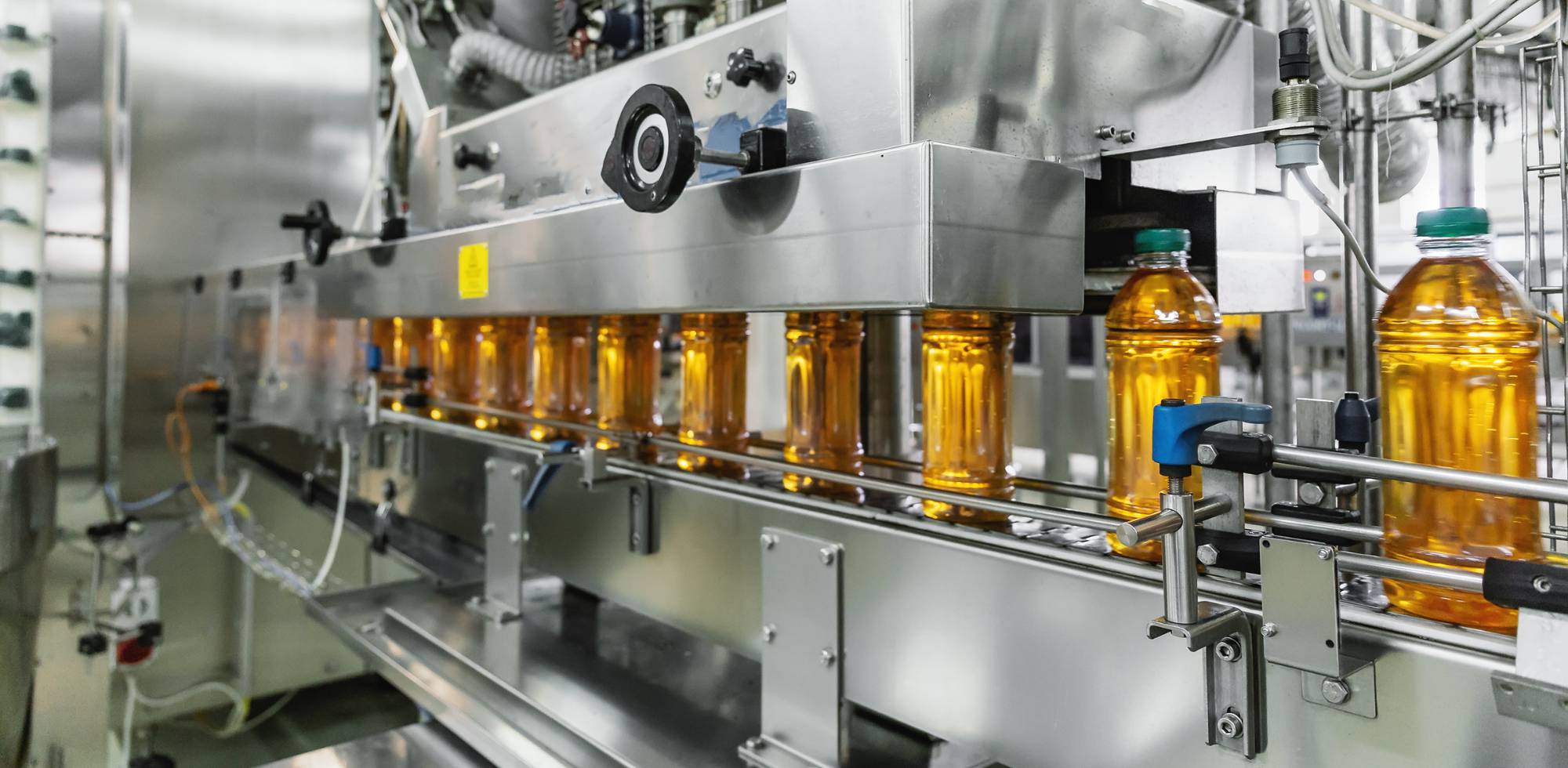Reducing energy consumption within the food industry is essential for a sustainable future.
The food industry is one of the most energy-intensive industries in the world. It uses energy to produce, process, store and transport food products. According to a recent study, the global food industry consumes around 7% of all energy used worldwide. The majority of this energy (around 80%) is used for production and processing, with transportation accounting for another 10%.
To reduce its environmental footprint, the food industry has been streamlining its operations toward more efficient use of energy creating several strategies.
These strategies include monitoring energy use, automating processes, using an energy management system, using efficient refrigeration systems, and investing in green energy sources.
Additionally, reducing food waste is another way to reduce energy consumption within the food industry.
By implementing these strategies, businesses can make a significant impact on their environmental footprint and make a positive difference in the world we live in.
How Food Companies are Reducing Energy Consumption
The Impact of Energy Consumption on the Food Industry
The food industry is one of the most energy-intensive sectors in the world.
The amount of energy consumed by the food industry has a direct impact on its sustainability and long-term viability. In order to reduce the environmental impact of this sector, it is of course, essential to reduce energy consumption.
This can be done through various measures such as the update of equipment to a more efficient one, the use of renewable sources of energy, and the implementation of smart systems for monitoring and controlling energy consumption.
By undertaking all accounted steps, businesses in the food industry can ensure that they are taking the right way towards sustainability and reduction of carbon print.
Furthermore, the implemented measures are also inevitable for overall savings.
Strategies to Reduce Energy Consumption & Optimize Efficiency
With increasing energy costs, it is becoming increasingly important to find ways to reduce energy consumption and optimize efficiency.
There are several strategies that can be implemented in the food industry to reduce energy consumption and optimize efficiency. By implementing these strategies, businesses can save money on their electricity bills while also reducing their environmental impacts.
Technology Helps to Improve Sustainability & Cut Costs
Technology can be a powerful tool for improving sustainability and cutting costs in the food industry. By leveraging green technology, food companies can reduce their environmental impact while also saving money.
Smart technologies can help automate processes, reduce energy consumption, and optimize production.
Digital solutions such as IoT sensors and AI-driven analytics can provide real-time insights into energy usage and identify areas for improvement.
Additionally, technology can help facilitate sustainable practices such as reducing food waste by providing data-driven solutions to improve efficiency. With the right technology in place, food companies can make strides toward becoming more sustainable while also reducing costs.
The Benefits of Reducing Energy Consumption & Investing in Sustainable Practices
Reducing energy consumption in the food industry and investing in sustainable practices can have numerous benefits for companies, consumers, and the environment alike.
By adopting sustainable practices such as using renewable energy sources, reducing waste, and improving efficiency, companies can reduce their costs while also contributing to a healthier planet.
Consumers can benefit from lower prices, improved product quality, and better environmental stewardship. Investing in sustainable practices also helps to create jobs in green industries and helps to protect the environment by reducing emissions of harmful pollutants.
For various reasons, the time to start optimizing any power consumption, for food and all other industries is now. The impacts and the savings will be an inevitable valuable asset.



